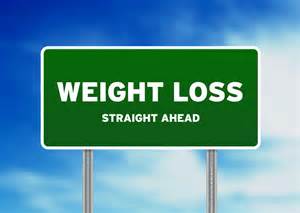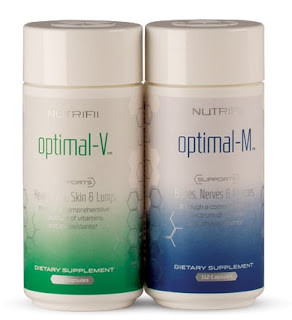Six Vitamins And Minerals For Better Bone Health
 The bad news is, if you’re 30 years old, your bone density
is already started to decline. If you're 60 like me, think about it. We've been losing bone density for 30 years! Considering our lifespan now is around 75 to 80
years, that's pretty scary. Why? Because over half our lifetime will be spent
with less and less bone density.
The bad news is, if you’re 30 years old, your bone density
is already started to decline. If you're 60 like me, think about it. We've been losing bone density for 30 years! Considering our lifespan now is around 75 to 80
years, that's pretty scary. Why? Because over half our lifetime will be spent
with less and less bone density.And if our bones are brittle, and prone to breaking, it's hard to stay fit and healthy. No one wants to go for a run or even a walk, or hang out at the gym if we're afraid we're going to break a hip!
The good news is, proper nutrition can help slow, and even
stop, bone loss. Starting a diet program that is rich in bone supporting
nutrients is key to preventing bone loss from becoming a critical issue. Let's
take a look at some of the best nutrients and vitamins to preserve and build
your bones:
Vitamin B12
This vitamin is responsible for creating new blood cells
in the bone marrow. People with lower levels of vitamin B12 experience greater
bone loss than people with adequate vitamin B12. Eggs, dairy, and meats are
good sources for vitamin B12. However, as people age, they may simply eat less
food, making proper nutrition difficult. If you are not drinking milk, eating
eggs, or eating a lot of meat, you will probably want to consider a supplement. Of course the Xcelerat8 drops contain B12 so our weight loss program also supports our bone health!
Calcium
We know that calcium is responsible for bone strength and
structure. Dairy foods are a good source of calcium, but as we age we aren't
likely to consume as much milk as we did when we were kids. If you don’t
consume enough, you won’t get the amount of calcium you need to preserve bone
mass. Most adults past the age of 40, especially women, should talk to their
doctor or health professional about adding a calcium supplement like Magnical D to their diet.
Vitamin D
This vitamin is necessary for calcium absorption to help
build bone density, keeping bones stronger. Vitamin D is formed in the body
when the skin is exposed to sunlight. It's important to understand that just 15
minutes of sun exposure daily is enough to put your body to work making vitamin
D. If you are not able to get enough sunlight to produce vitamin D in the body,
ask your doctor whether a supplement is right in your case.
Vitamin K
Working right along with vitamin D is vitamin K. These two
work together to build bone mass, even reversing signs of bone loss in some
cases. Good sources of vitamin K are green leafy veggies, such as spinach,
kale, collards, cabbage, and turnip greens.
Magnesium
We already know that vitamin D is needed to help our body
absorb calcium. However, did you know that magnesium is needed to convert
vitamin D into the form it needs to start the process of calcium absorption?
Magnesium works along with vitamin D to help your body absorb calcium, which we
know builds strong bones. A few ways to get more magnesium in your diet is by
eating nuts, seeds, green vegetables, and natural grey sea salt.
Potassium
This mineral prevents the blood from becoming too acidic.
Acidic blood will actually break down the bones. If this is allowed to happen,
your bones become weak, they lose mass, and are more susceptible to breaks.
Potassium is found in an abundance of foods, including green leafy vegetables,
broccoli, tomatoes, and potatoes. You'll also want to enjoy bananas, raisins, and
dried apricots to boost your potassium intake. And don't forget the whole
grains, seeds, nuts, salmon, and sardines.
Getting nutrients through our food is the best way to get
the vitamins and minerals we need for bone and body health. However, the hard
fact is that not all of us get the nutrient rich foods we require. Taking a
supplement may be an option you will want to discuss with your doctor or health
care professional. Your bone health is so important. After all, you and your
skeleton want to support each other for a long, long time.


Comments
Post a Comment